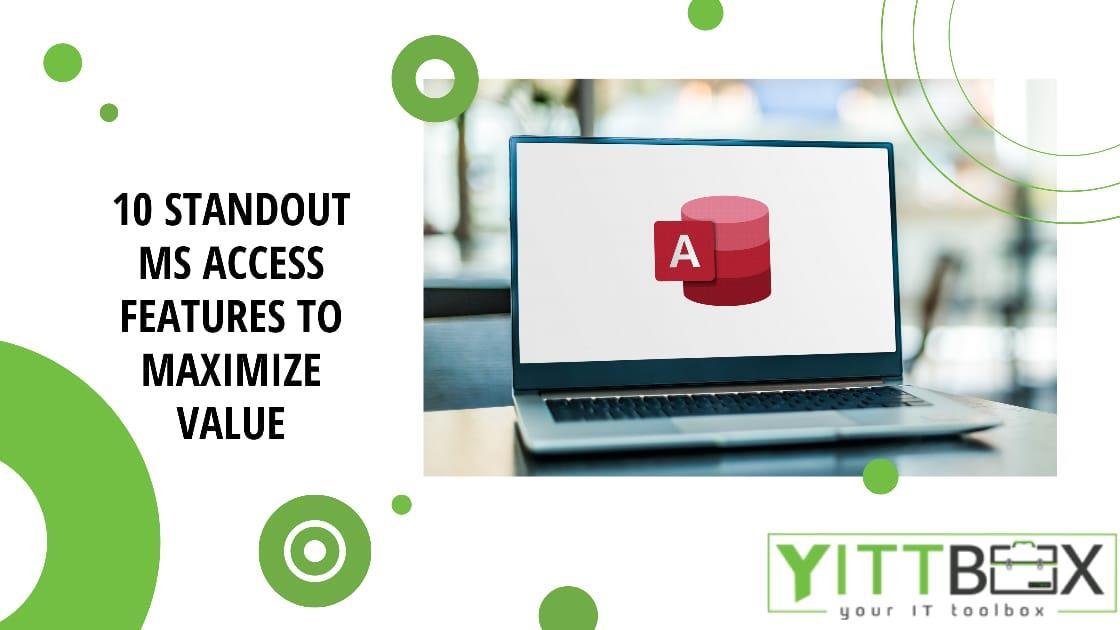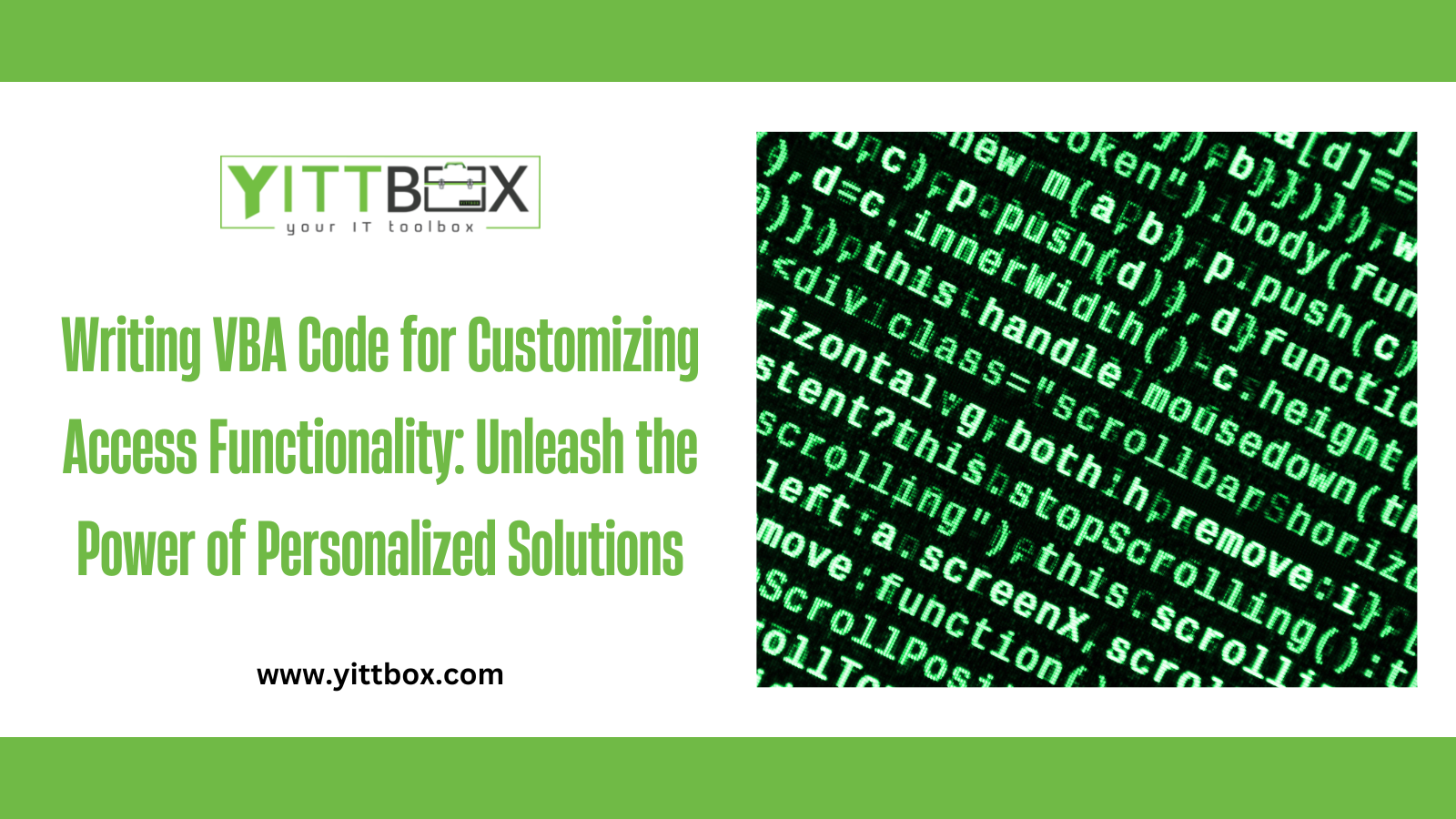Introduction
MS Excel has evolved far beyond basic number crunching. Today, it serves as a powerful tool for businesses and professionals across various industries, helping them make informed, data-driven decisions. Whether it's healthcare, logistics, retail, or education, Excel offers specialized functionalities that transform data into actionable insights.
Excel in Healthcare: Improving Patient Outcomes
Healthcare professionals rely heavily on data for patient management, resource allocation, and medical research.
- Applications: Excel helps analyze patient demographics, track treatment outcomes, and manage inventory for medical supplies.
- Features Used: Pivot tables and data visualization tools enable easy tracking of critical metrics, such as bed availability and patient recovery rates.
- Real-World Impact: Hospitals use Excel for predictive analytics to forecast patient inflows during seasonal disease outbreaks, ensuring resources are optimally allocated.
Logistics and Supply Chain: Streamlining Operations
Logistics professionals need real-time insights to ensure smooth operations and cost-effectiveness.
- Applications: Route optimization, inventory planning, and cost reduction strategies are common use cases.
- Features Used: Solver for route optimization, conditional formatting for identifying low-stock items, and VBA for automating shipping schedules.
- Real-World Impact: Companies like FedEx leverage similar Excel-based systems for shipment tracking and delivery forecasting.
Education: Simplifying Performance Tracking
Educational institutions benefit greatly from Excel's ability to process large datasets.
- Applications: Automating grade calculations, analyzing student performance trends, and managing fee structures.
- Features Used: Dynamic charts for visualizing performance data and Excel’s statistical formulas for deriving insights.
- Real-World Impact: Schools use Excel dashboards to monitor individual student progress, enabling personalized learning strategies.
Retail and E-commerce: Boosting Profitability
Retailers and e-commerce platforms use Excel to monitor key performance indicators (KPIs) and drive sales.
- Applications: Sales forecasting, customer segmentation, and price optimization are critical tasks handled by Excel.
- Features Used: Excel’s advanced formulas, Power Query for combining datasets, and dashboards for visualizing daily sales trends.
- Real-World Impact: E-commerce giants analyze customer buying patterns using Excel to refine marketing strategies and promotions.
Advanced Excel Tools for Niche Industries
Excel’s versatility lies in its ability to adapt to unique industry needs.
- VBA (Visual Basic for Applications): Automates repetitive tasks, such as generating reports or sending email notifications.
- What-If Analysis: Simulates business scenarios, helping companies plan for contingencies.
- Data Modeling: Enables better predictions by combining various datasets.
Why Excel Remains Essential for Data-Driven Decisions
- Cost-Effectiveness: Excel is accessible to businesses of all sizes.
- Ease of Use: Its intuitive interface allows even non-technical users to manage complex datasets.
- Customizability: Excel templates and macros can be tailored to fit industry-specific workflows.
Conclusion: Transforming Industries with Excel
Excel’s adaptability and advanced features make it an invaluable tool for decision-making across niche industries. Whether it’s a hospital optimizing patient care or a retailer boosting profitability, Excel helps professionals uncover insights and drive results.







